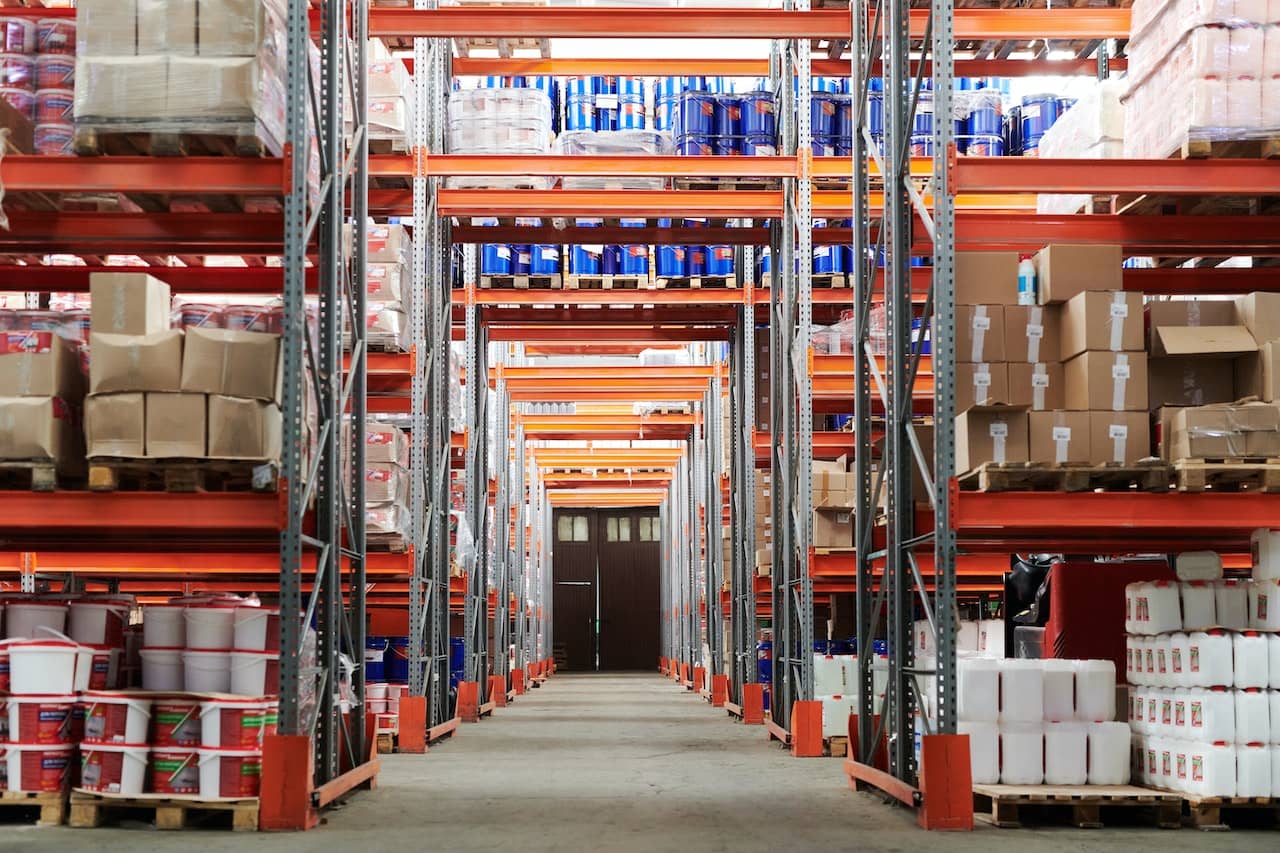Warehouse workers play a vital role in the efficient functioning of the supply chain, ensuring that goods reach their destinations promptly. However, the nature of their work also exposes them to potential risks and hazards. It is crucial for warehouse workers in the UK to prioritize their safety and well-being. In this article, we will explore effective strategies and the relevant health and safety legislation that can help warehouse workers stay safe on the job to minimise the risk of suffering an accident at work.
Understanding the Hazards: How Do You Stay Safe in a Warehouse?
Warehouses are dynamic environments with various potential hazards. By being aware of these risks and adopting preventive measures, workers can significantly reduce the chances of accidents or injuries.
Adequate Training and Supervision
One of the most fundamental aspects of staying safe in a warehouse is receiving proper training. Warehouse workers should be trained in the correct use of equipment, handling heavy loads, and following safety protocols. Additionally, regular supervision and refresher courses can help reinforce safe practices and ensure that workers remain vigilant.
Effective Communication
Clear and effective communication is key to maintaining a safe warehouse environment. Warehouse workers should be encouraged to report any hazards or potential risks they observe promptly. Establishing open lines of communication between workers and management enables a proactive approach to addressing safety concerns and implementing necessary improvements.
Proper Use of Personal Protective Equipment (PPE)
Wearing appropriate personal protective equipment (PPE) is essential for safeguarding against potential hazards. Warehouse workers should be provided with suitable PPE, such as hard hats, high-visibility vests, safety goggles, gloves, and steel-toe boots, based on the specific risks present in their work environment. Regular inspections and replacements of damaged or worn-out PPE are also crucial.
Correct Manual Handling Techniques
Warehouse work often involves lifting and carrying heavy loads, which can strain the body and lead to musculoskeletal injuries. To prevent such injuries, workers should be trained in correct manual handling techniques, including lifting with their legs instead of their back, avoiding twisting movements, and using lifting aids or equipment whenever possible.
Maintaining Good Housekeeping
Maintaining a clean and well-organized workspace is not just about aesthetics; it also plays a significant role in ensuring safety. Clearing walkways, removing obstacles, and properly storing equipment and materials can minimize the risk of slips, trips, and falls. Regular cleaning and inspection routines should be established to identify and address potential hazards promptly.
Health and Safety Legislation in a Warehouse
The UK has stringent health and safety legislation in place to protect workers in all industries, including warehousing. Adhering to these regulations is essential for employers and employees alike.
Health and Safety at Work Act 1974
The Health and Safety at Work Act 1974 is the primary legislation governing health and safety in the workplace in the UK. This act places a duty of care on employers to ensure the health, safety, and welfare of their employees. It also outlines the responsibilities of employees to cooperate with their employers and follow safety procedures.
The Management of Health and Safety at Work Regulations 1999
The Management of Health and Safety at Work Regulations 1999 provide detailed guidance on managing health and safety in the workplace. It emphasizes the importance of risk assessments, implementing control measures, and providing adequate training and information to employees. Employers are required to assess and manage risks to ensure the safety of their workers.
Provision and Use of Work Equipment Regulations 1998 (PUWER)
The Provision and Use of Work Equipment Regulations 1998 (PUWER) specifically address the safe use of equipment in the workplace, including warehouses. Employers are responsible for ensuring that work equipment is suitable for its intended use, maintained in good working order, and used safely. This includes regular inspections, proper training on equipment usage, and addressing any faults or defects promptly.
Manual Handling Operations Regulations 1992
The Manual Handling Operations Regulations 1992 aim to protect workers from the risks associated with manual handling tasks, such as lifting and carrying heavy loads. Employers are required to assess and minimize the risk of injury from manual handling, provide appropriate training to employees, and implement measures to reduce the need for manual handling whenever possible.
Control of Substances Hazardous to Health (COSHH) Regulations 2002
The Control of Substances Hazardous to Health (COSHH) Regulations 2002 are particularly relevant in warehouses where workers may come into contact with hazardous substances. Employers are obligated to assess the risks posed by hazardous substances, implement control measures to prevent exposure, provide adequate training and information, and ensure the availability of necessary personal protective equipment.

Making a Housing Disrepair Claim
In addition to workplace safety, it is important for workers to ensure their living conditions are safe and secure. If you are a warehouse worker residing in rented accommodation in the UK and you have encountered housing disrepair issues that pose a risk to your health and safety, you may be eligible to make a housing disrepair claim.
Housing disrepair refers to problems or defects in a rented property that are the responsibility of the landlord to fix. These issues may include dampness, mold, structural problems, faulty heating or plumbing systems, and electrical hazards, among others. If such issues are not addressed promptly by the landlord, they can have adverse effects on the well-being and safety of the tenants.
To make a housing disrepair claim, it is important to follow certain steps:
Report the Disrepair
Inform your landlord or letting agent in writing about the disrepair issues you are experiencing. Be sure to provide specific details and request repairs.
Document the Disrepair
Take photographs or videos of the issues you are facing, along with any damage or hazards caused by the disrepair. Keep records of any communication with the landlord or letting agent regarding the repairs.
Seek Legal Guidance
Consult with National Claims, where we specialise in this area of law. We can assess your situation, provide guidance on the validity of your claim, and help you understand your rights and options whilst guiding you through the claims process.
Conclusion
Prioritizing safety as a warehouse worker in the UK is of utmost importance. By understanding the hazards present in the warehouse environment and implementing preventive measures such as adequate training, effective communication, proper use of personal protective equipment, correct manual handling techniques, and maintaining good housekeeping, workers can significantly reduce the risk of accidents and injuries.
Additionally, employers and employees should be aware of the relevant health and safety legislation in the UK, including the Health and Safety at Work Act 1974, The Management of Health and Safety at Work Regulations 1999, Provision and Use of Work Equipment Regulations 1998 (PUWER), Manual Handling Operations Regulations 1992, and Control of Substances Hazardous to Health (COSHH) Regulations 2002. Adhering to these regulations ensures a safe and compliant working environment.
Contact us today at National Claims to get a start on your injury at work claim.
Click below to see why we are one of the most trusted claims management companies in the UK.





